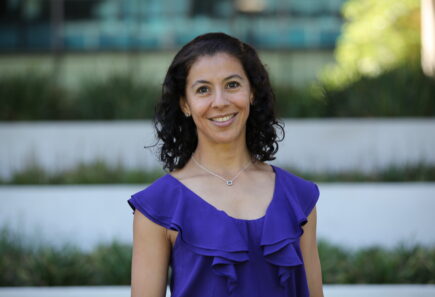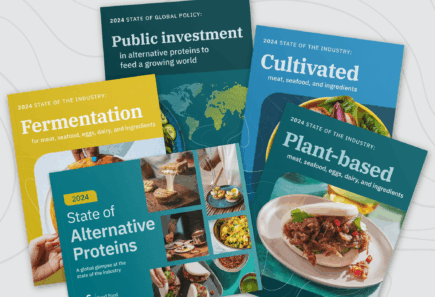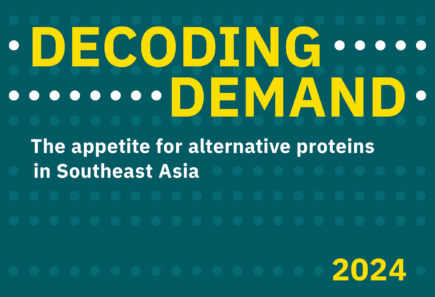Team
Carmen is the Senior Policy Specialist for GFI APAC, supporting government, regional, and multilateral partner engagement to advance the alternative protein sector across the region. She brings over 15 years of experience as a Mexican diplomat, with a focus on international relations, development assistance (aid), and foreign policy. Her career includes postings across Asia-Pacific and the Middle East and multilateral roles at the United Nations. Carmen holds a PhD in Political Science from the Australian National University, with academic training in economics, international relations, and public policy. Multilingual and adept in cross-cultural engagement, she helps shape policy that is locally grounded, globally informed, and designed for lasting impact.
Carmen is based in Australia.

































